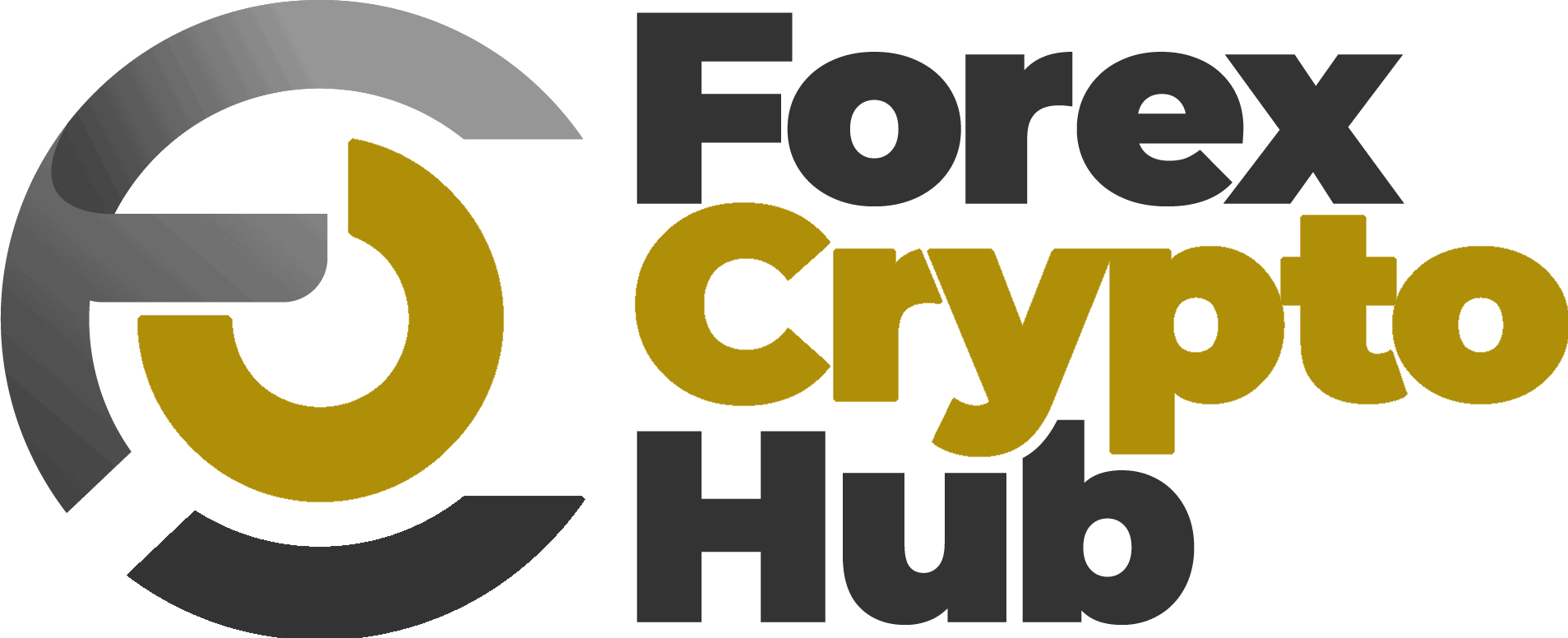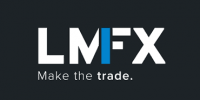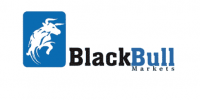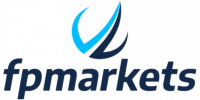High Leverage Forex Brokers in Canada
There has been a global crackdown on forex brokers offering high leverage. A few years ago, brokers licensed in countries like the UK, Cyprus, and Australia offered leverage as high as 1:500, many of which accepted Canadians as clients. Unfortunately, the number of high leverage forex brokers in Canada or overseas brokers offering accounts to Canadians has fallen dramatically.
Canadian financial markets authorities have been collaborating to harmonize regulations between regions within the nation and worldwide. Currently, the highest leverage you can get in Canada is limited to 1:50. For most currency pairs, the available leverage is much less. For example, Forex.com has leverage on GBP/HKD set at 1:7.7 and GBP/ZAR set at 1:3.6.[1]
This article looks at Canadian leverage rules set by the Investment Industry Regulatory Organization of Canada (IIROC). It explores options for Canadian citizens and residents seeking higher leverage for trading forex and CFDs.
Article Summary:
- List of high leverage forex brokers in Canada
- Forex leverage in Canada
- Canadian Forex regulation
- High leverage forex brokers in Canada
- Offshore brokers accepting Canadian clients
List of High Leverage Forex Brokers in Canada
| Broker Name | Max Leverage | Regulation | Link |
| AvaTrade | 30:1 | Canadian | Visit Website |
| Forex.com | 50:1 | Canadian | Visit Website |
| Oanda | 50:1 | Canadian | Visit Website |
| Questrade | 30:1 | Canadian | Visit Website |
| FBS | 3000:1 | Offshore | Visit Website |
| BlackBull Markets | 500:1 | Offshore | Visit Website |
| fpmarkets | 500:1 | Offshore | Visit Website |
| LMFX | 1000:1 | Offshore | Visit Website |
Forex Leverage in Canada
In Canada, the maximum leverage that a Canadian licensed broker can offer is set periodically by the Investment Industry Regulatory Organization of Canada (IIROC).
When the volatility of a particular currency pair exceeds a threshold over a 60 trading day period, margin requirements are increased. Conversely, when volatility drops, the margin requirements are decreased.[2]
The most recent update published concerning the list of foreign exchange spot risk margin rates for Canadian and US base currency accounts was on the 9th of April 2021.[3]
The IIROC reduced margin requirements for both the Mexican new peso versus the Canadian dollar (MXN/CAD) and the Norwegian krone versus the US dollar (NOK/USD) in the latest update.
The Canadian regulator dropped the margin requirements for both pairs from 3.5% (28:1) to 3% (33:1).
The highest forex leverage currently available in Canada is on the CAD/USD, which is currently offered at 2% (1:50) margin requirements.
The IIROC is one of the few regulators that updates minimum margin requirements according to volatility.
Most regulators, such as ASIC and ESMA, have fixed leverage, albeit with varying tiers depending on whether the currency pair is considered major or minor.
Although the IIROC sets maximum allowed leverage, brokers are able to implement lower leverage according to their own risk management procedures.
Additionally, traders can decrease the leverage of their account depending on their preference.
Canadian Forex Regulation
The reason for reduced forex leverage in Canada is because of regulation. Unfortunately, Canadian forex regulation has many inconsistencies, mainly because of the lack of harmonization between regulatory authorities.
Industry experts are counting on the IIROC to harmonize guidance across the country.[4]
The Investment Industry Regulatory Organization of Canada (IIROC) is the primary body regulating the forex market in Canada.
The IIROC is a national self-regulatory organization (SRO) established as a non-profit and recognized by the Canadian Securities Administrators (CSA). The IIROC licenses any forex broker operating in Canada.
The Canadian Securities Administrators (CSA) is formed by the securities regulators of the ten provinces and three territories in Canada.
The CSA is responsible for promoting a harmonized approach to securities regulation across Canada. In addition, each of the 13 regional regulators has powers to authorize a broker.[5]
The 13 regional regulators are:
- Alberta Securities Commission
- British Columbia Securities Commission
- Manitoba Securities Commission
- New Brunswick’s Financial and Consumer Services Commission
- Newfoundland and Labrador’s Office of the Superintendent of Securities of the Service
- Northwest Territories Securities Office
- Nova Scotia Securities Commission
- Nunavut Securities Office
- Ontario Securities Commission
- Prince Edward Island’s Office of the Superintendent of Securities
- Québec’s Autorité des marchés financiers
- Saskatchewan’s Financial and Consumer Affairs Authority
- Yukon Territories’ Office of the Superintendent of Securities
High Leverage Forex Brokers in Canada
If you’re looking to trade with high leverage from Canada, unfortunately, you’ll need to find an offshore broker willing to accept Canadians.
However, you should be aware that options are slim since Canadian authorities are punishing unauthorized brokers for targeting Canadian traders.
Recently, the Alberta Securities Commission settled with AvaTrade’s British Virgin Islands-regulated subsidiary for an administrative penalty worth $30,000 and to disgorge $213,428.00 of net revenue from the approximately 372 trading accounts belonging to Alberta investors.[6]
In the list below, you’ll find several reputable offshore brokers opening trading accounts for Canadian residents.
Offshore Forex Brokers Accepting Canadian Clients
Tips for Responsible Trading with A High Leverage Canadian Broker
High leverage forex trading can be both rewarding and risky. While it provides traders with the potential for significant profits, it also exposes them to amplified losses. Provided below are trading tips for all Canadian Forex traders:
Educate Yourself: Before trading with high leverage, gain a solid understanding of the forex market, trading strategies, and risk management techniques.
Use Stop-Loss Orders: Implement stop-loss orders to limit potential losses and protect your capital from large negative price movements.
Risk Management: Never risk more than you can afford to lose. Establish a risk management plan and stick to it.
Practice with Demo Accounts: Most reputable brokers offer demo accounts that allow you to practice trading with virtual funds. Use these accounts to familiarize yourself with the trading platform and develop your skills.
Start Small: Begin with a small trading account and gradually increase your position size as you gain experience and confidence.
Developing a risk management strategy is crucial to succeed in the volatile forex market while using high leverage responsibly. Remember, the key to successful trading lies in discipline, education, and the ability to manage risk effectively.
Thankfully there are still several offshore forex brokers catering to Canadian traders seeking higher leverage.
When trading with an offshore broker, you should remember that any losses resulting in bankruptcy or insolvency will not be by the Canadian Investor Protection Fund (CIPF). The CIPF only covers member firms, and an overseas company will not be a member.[7]
However, the ultimate benefit of trading with brokers from jurisdictions like Dominica, Belize, the British Virgin Islands and Seychelles is accessing leverage as high as 1:500, essential to many trading strategies.
About This Article
Author: Mark Prosz
Sources of information and credits for this post include:
[1] https://www.forex.com/en-ca/support/margin-requirements/
[2] https://www.iiroc.ca/documents/2019/4849f324-cca1-476d-aa99-d6eb3a67f3e4_en.pdf Subsection 5462(2)
[3] https://www.iiroc.ca/documents/2021/e3b22944-2628-4dbf-987b-fbbe661fc790_en.pdf
[4] https://www.financemagnates.com/forex/analysis/unharmonised-regulations-continue-to-hurt-canadas-fx-industry/
[5] https://www.securities-administrators.ca/aboutcsa.aspx?id=80
[6] https://www.albertasecurities.com/-/media/ASC-Documents-part-1/Notices-Decisions-Orders-Rulings/Enforcement/2020/01/Ava-Trade-Ltd-SA-2020-01-16-ORIGINAL-DOCUMENT.ashx
*A portion of the Sign up links to brokers websites are affiliate links. We may receive a commission with no charge to you. This enables us to keep creating helpful forex trading content for our readers for free.








